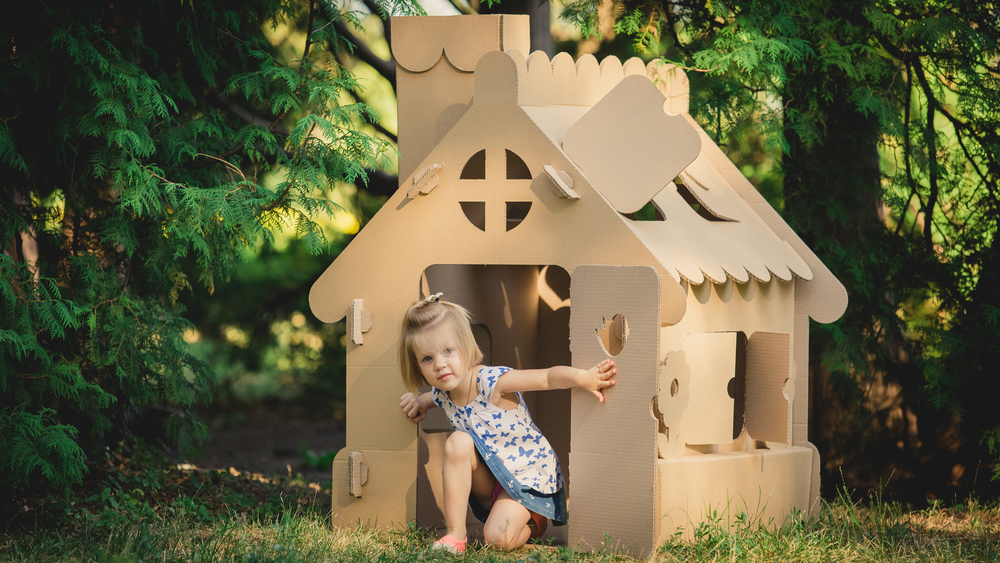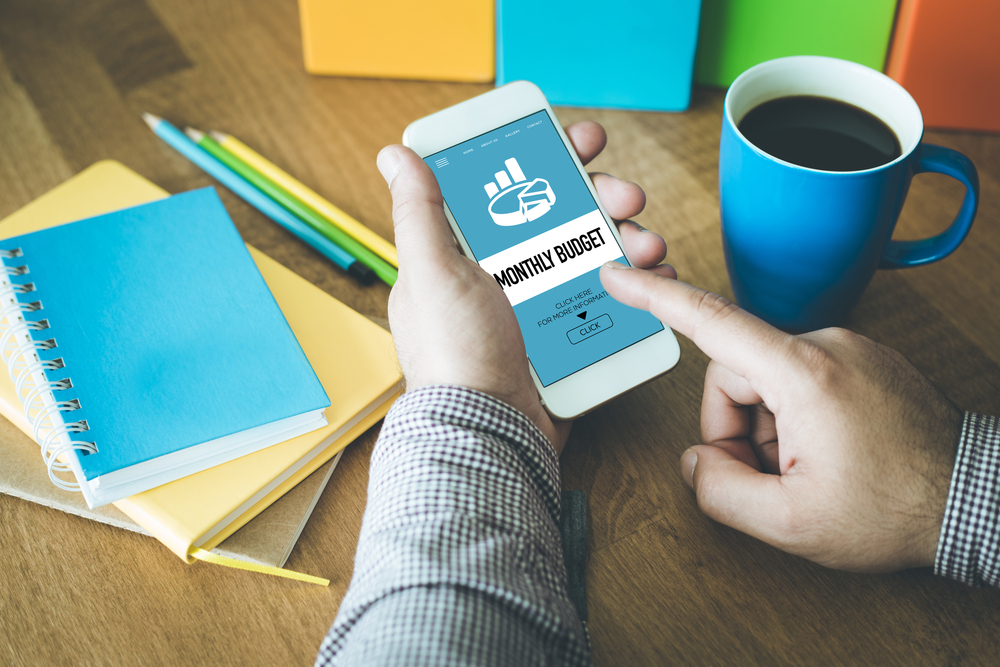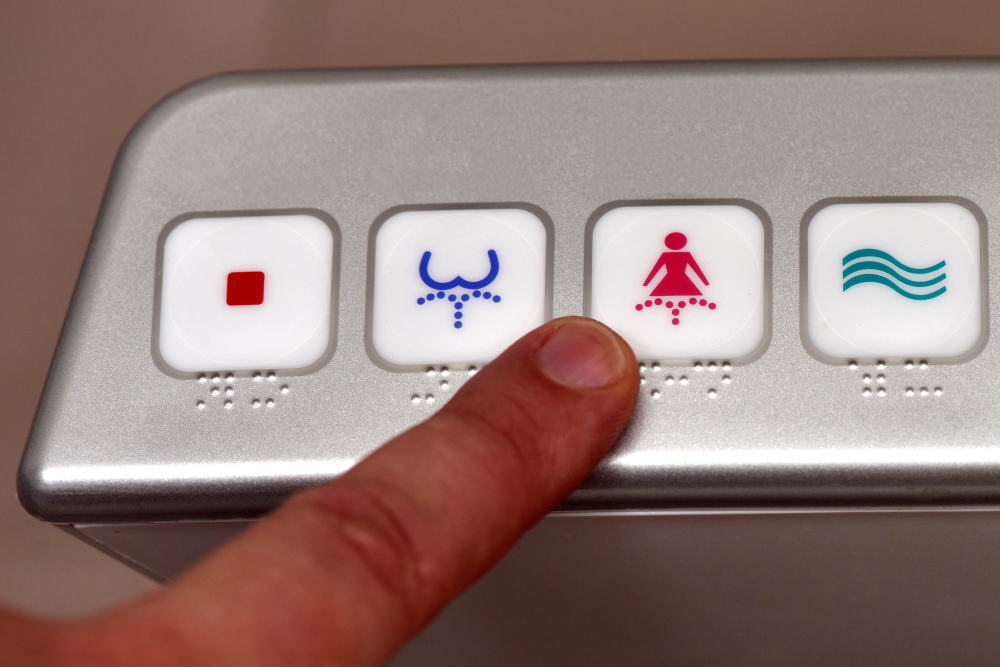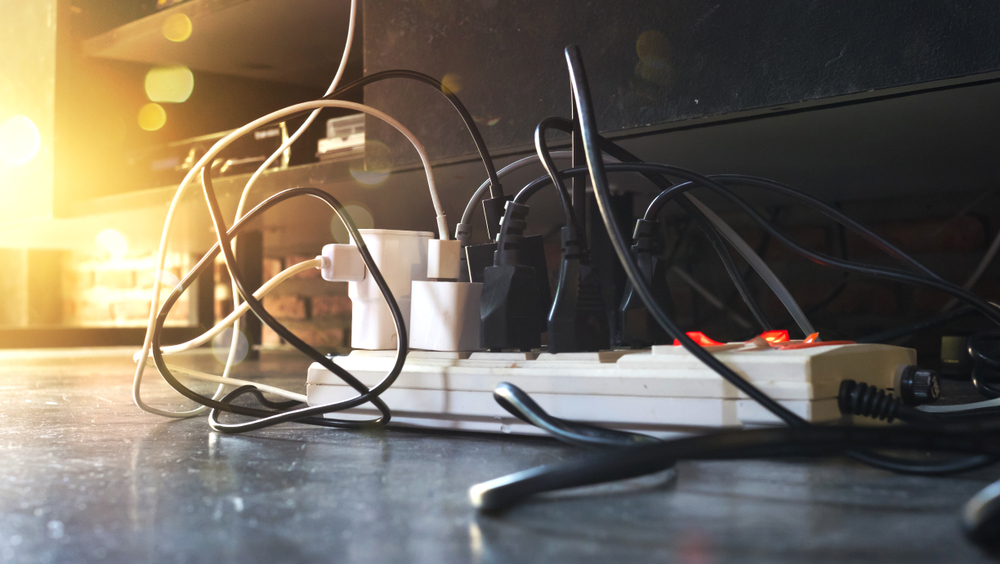
Being careful about your finances when you go on a shopping spree, when you calculate your savings or plan for the future it’s just the beginning. In truth, we can all make adjustments (big or small) in our everyday lives that can help further propel us towards financial security.
That’s why, today, we’re going to be looking at clever in-home hacks that could save you a few dollars at a time. Eventually, that piggy bank you’ve been avoiding will be bursting with money.
So let’s look at 15 things you can do right now to earn a ‘supersaver’ badge of honor!

Go Through Items Already in Your Home
This might sound strange, but going through the items you have in your home is a real money saver. Start by doing some spring cleaning and don’t avoid those cabinets and drawers that you’ve been ignoring lately.
According to a Los Angeles Times report, the average U.S. home has 300,000 things! With that in mind, you could have duplicates that you’ve completely forgotten about. Try to make use of everything you already own before buying brand new items.

Sell Items You Are Not Using
Now that you’ve gone through everything you own you may have discovered some things that you don’t ever plan on using. If that’s the case, don’t just throw them away, try to sell them online instead!
Hosting a garage sale might be a good idea if you’ve got boxes and boxes of unwanted things, but we have to admit that listing everything online from the comfort of your own couch is a lot easier.
If you don’t want to bother with shipping bigger items then we recommend Facebook Marketplace where sellers commonly leave items on their porch while buyers pay for them though Venmo.
For clothes, you should check Poshmark and for household goods, use Mercari. Both of these services take a percentage of the sale, so make sure to read the fine print!

Sell Items Your Children Don’t Use
Your child may have too many toys. Too big of a collection can be harmful while fewer toys and games help encourage their creative development. According to an SWNS digital study, the average American child gets in excess of $6,500 worth of toys in their lifetime! It’s probably time to cut back a little bit, though it’s probably not your fault that they have so many, as children tend to receive even more during holidays and birthdays anyway.
You should take your time to study what your child plays with the most. They undoubtedly avoid some of their toys, so those should be the first on your list to either donate, gift, or sell. You should repeat this process every once in a while to make sure that their pile won’t grow in excess again. Plus, as they get older you might want to turn this experience into a healthy, kid-friendly discussion about money!

Shop Your House First
After all that selling, donating, or re-gifting, you’re probably leftover with some items that you’re unsure of. We call this the ‘maybe’ pile. Your ‘maybe’ pile is probably made up of stuff that’s either near and dear to your heart or that you paid a lot of money for and just can’t bring yourself to part with for that reason. A lot of times you may find clothes in there that you’ve never even worn and thus feel bad for and would like to give another chance.
Now’s the time to repurpose them all. If you can upcycle old clothes and items into something new then you don’t have to go out and buy new stuff. Pinterest is a treasure trove when it comes to repurposing hacks, so use it as often as possible!

Analyze Your Monthly Budget
The next step is being extra-critical about your monthly expenses. As you’re repurposed and de-cluttered your house, it’s time to cut down on other services, especially subscriptions that are set on auto-renewal.
We’re talking about Netflix, Hulu, Hbo Go, Disney+ and Amazon Prime as well as other services you’ve probably downloaded on your phone or tablet and forgot about. By checking your devices’ settings and your card statements you can spot all of these unnecessary expenses easily. Stick to the ones you use and cancel everyone else.
In terms of subscription services, you can renew the ones you use less frequently whenever you need to since there’s no penalty, but don’t forget to cancel them once you’re done.
What about your TV package? Can you cut out the premium movie channels? And then there are the things you can DIY, such as mowing your own lawn, cleaning your own pool or house. With better time management on your part, we guarantee you don’t need to pay extra for these services, so you shouldn’t have to pay for them at all.

Limit the Amount of Advertisements You’re Exposed to
Looking at advertisements has become such a normal part of life, we don’t stop to think about how many we’re seeing on a daily basis. The University of Southern California, however, says we’re exposed to as many as 5,000 a day!
Targeted ads are some of the biggest culprits as they make you go out and buy something you’ve been on the fence on. It’s therefore important to clear your cache and browsing history regularly. By resetting targeted ads this way you’ll be less likely to give in to temptation or the fear of missing out.

Be Critical With Food Purchases
Going grocery shopping can be unnecessarily expensive if you’re not careful about what you’re purchasing and how. Without sticking to a budget and a list you might find yourself stockpiling or reaching for comfort foods a little too often. Then there are those items that you shop for that end up spoiling in your fridge anyway.
Try using a shopping service instead. Prices may vary as some retailers may offer higher than in-store prices, everyday store prices, or different variations. The trick is to use these services if you know you’re not going to be paying extra.
Try out Instacart and see if it works for you. You’ll be making a list from home so you won’t get distracted by all the new offers or shining packaging, so it should put you on the road to recovery if you’re an over spender!

Invest in a Bidet
Recent events have taught us one valuable lesson, you can’t take toilet paper for granted, *ever*. National shortages of the level caused by the Coronavirus aren’t likely to happen again but you never truly know!
Investing in a bidet will rid you of that worry permanently. It might sound strange to those who’ve never considered this idea before, but everyone we’ve ever met, online or otherwise, who made the switch said they would never go back!
Not only will a bidet save you in a pinch, but they’re also money-saving and friendlier on the environment as they use less water than it’s needed to create a single roll of toilet paper. There are different kinds of bidets, so be careful before you make a purchase!

Start a Garden
Starting a garden may be beneficial to your wallet, physical and mental health all at once! Let’s talk about it!
Investopedia says that a garden might give you around $677 worth of fruits and vegetables. At the very beginning, you may not see that great of a profit because of initial costs such as for structures, soil, seeds, and other small investments. It might cost you around $300 to get started but afterward, you’ll be saving a lot of money.
Gardening could also turn into a calming hobby for you. You could work on your plants and relax, listen to music as you do so, or even listen to an audiobook. Finally, you’ll know exactly what chemicals are used in your food or you’ll be able to avoid them altogether.
If you don’t have a plot of land then consider taking up empty space in your house or apartment with indoor pots or check if there are any community gardens near you!

Assess Your Home Energy Use
Have you ever heard of energy vampires? These devices keep draining electricity even when they’re turned off if they’re still connected to a power source. Go eco friendly and save some money doing it by paying close attention to your home energy use.
You’d be surprised by how many things in your home operate like this, from phone chargers to space heaters, powered toothbrushes, cable boxes, game consoles, DVRs, coffee makers, microwaves… The list goes on! It’s estimated that such items account for around 20% of your electricity bill.
You may forget to unplug them, but using smart plugs and smart power strips which turn off automatically if they don’t detect any usage after a certain period of time could save you lots of money.

Diversify or Start Investing
Some of the money you’ve gained or saved so far could go towards investments. Now’s a great time to research the stock market. Look for companies that you think will thrive but don’t get sucked in what may be just passing fads.
Make sure to purchase during a dip, and don’t stick to just one stock. Diversifying will ensure that your money is safe in the long run, even if the stock market goes through a not-so-pleasant period.
Finally, experts say that one of the biggest mistakes beginners make is checking stock prices every day. This can and will drive you crazy while also leading you to make rash decisions that might hurt your finances!

Shop for New Insurance
You’ve probably been with your insurance company for a while and you may not want to switch things around, but your wallet will be thankful if you do some research. You might find a policy that fits your needs better at a lower price.
To get started, look at what you’re currently paying for, as a lot of policies include a lot more coverage than you need. Then, speak to your current provider and ask them if they can offer you a better deal. Regardless of the answer, shop around. If you can’t find anything better elsewhere but your current insurance provider comes back with good news at least you’ll have something to fall back on.

Monetize Your Hobbies
Turning a hobby into a business is not as difficult as it sounds, and you’d be surprised by the amount of stuff you can monetize. If you’re crafty and like creating stuff you can easily set up and Etsy shop.
Is that not your thing? Do you like gardening? Sell your services. Have enough time to dog walk, house or pet sit? Why not advertise that? Are you versed enough in a subject to tutor others on it? There you have it!
All you need is the right audience and a bit of clever marketing to make some money doing what you love.

Be Creative With Entertainment
Nowadays every entertainment business is trying to convince you to spend money to have fun, but you can have tons of fun without paying a penny. From going out for a walk and a picnic to visiting free museums to even using a plain old deck of cards, you definitely don’t have to swipe your credit card for an enjoyable time.
A family-friendly game we’ve tried recently is making up funny PowerPoints and having other people make a presentation without giving them any pointers except for what’s on the slides!

Save Money on What’s Suddenly Going Unused
Now that you’ve trimmed your expenses significantly you can begin saving more money. We’ve already mentioned that a portion should go towards investing. The other portion should go towards savings accounts such as IRAs, Roth IRAs, HSA, or a rainy day fund.
Don’t look at the extra cash and think now you’ve got more money to spend and instead start investing in your future. We promise you, the time will come when you’ll have more fun money, but the earlier you start saving, the better!

























